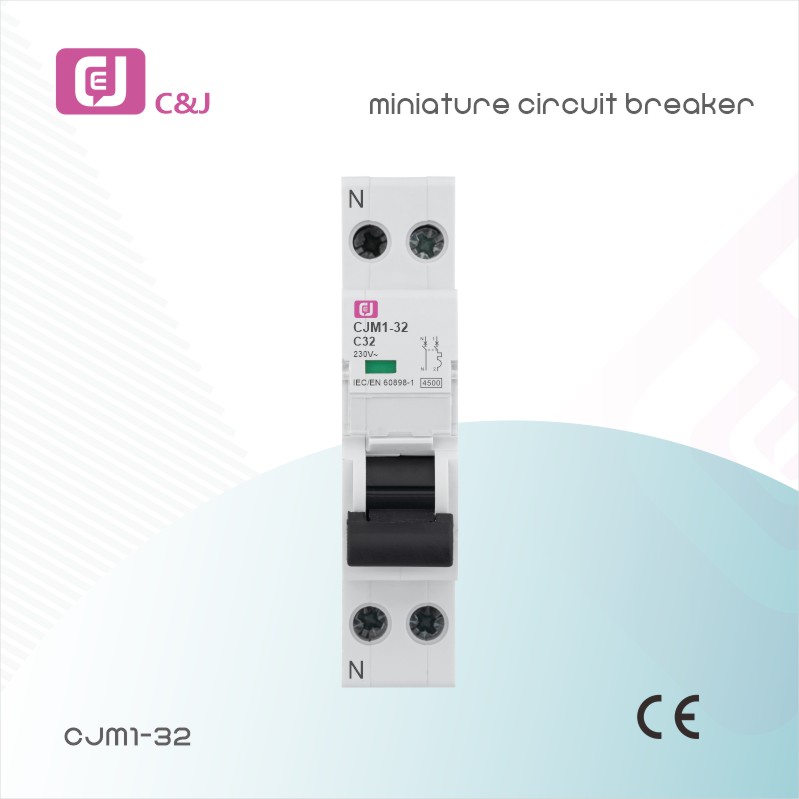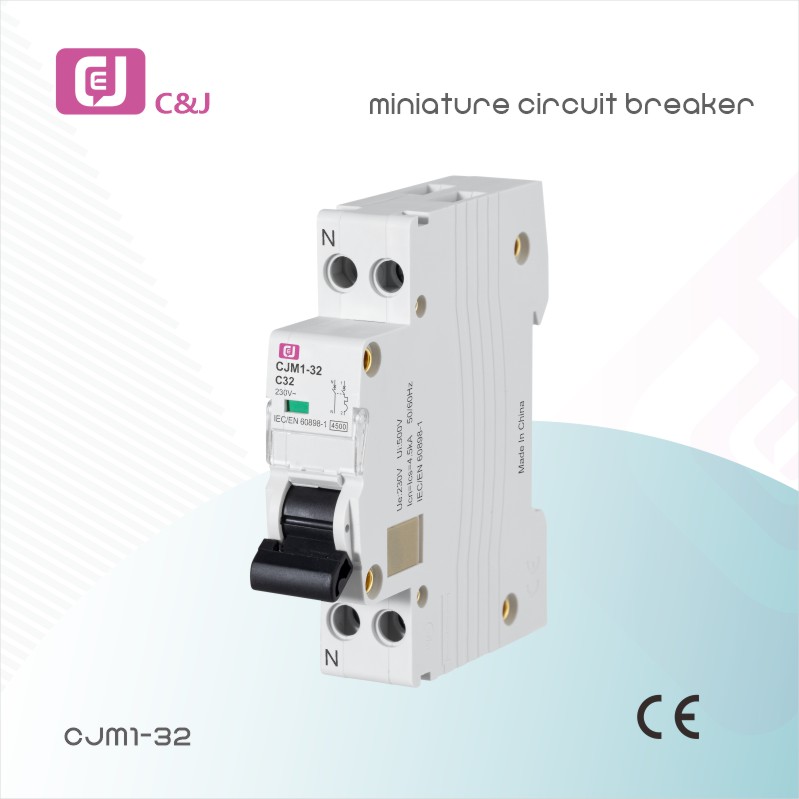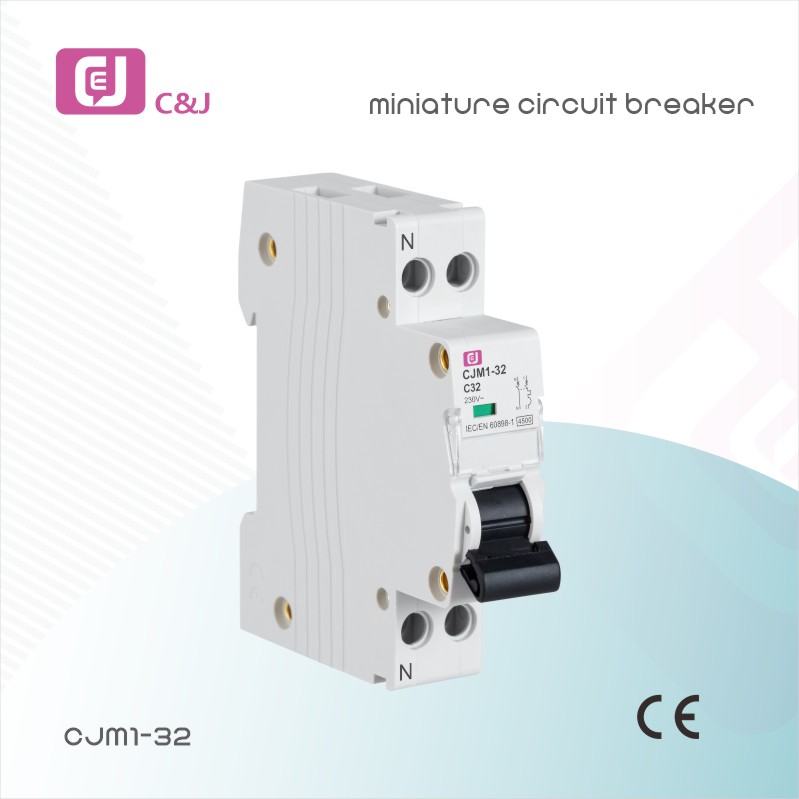Understanding Circuit Breakers: Essential Safety Devices in Electrical Systems**
The term “circuit breaker” is common in the world of electrical engineering and home safety. Circuit breakers are important devices that protect electrical circuits from overloads and short circuits, ensuring the safety of electrical systems and those who use them. This article will take a closer look at the function, types, and importance of circuit breakers in modern electrical systems.
What is a circuit breaker?
A circuit breaker is an automatic switch that cuts off the flow of electricity in a circuit when it detects an abnormal condition, such as an overload or short circuit. Unlike fuses, which must be replaced after they blow, circuit breakers can be reset after they trip, making them a more convenient and efficient electrical safety option. They are often installed in electrical panels and are essential to preventing electrical fires and equipment damage.
How do circuit breakers work?
Circuit breakers operate based on two main mechanisms: thermal and magnetic.
1. Thermal mechanism: This mechanism uses a bimetallic strip. When the current is too large, the bimetallic strip will heat up and bend. When it bends to a certain degree, it will trigger the circuit breaker to open, thereby cutting off the circuit.
2. Magnetic mechanism: This mechanism relies on electromagnetic force. When a short circuit occurs, the sudden influx of current creates a magnetic field strong enough to pull the lever and break the circuit.
Some modern circuit breakers combine both mechanisms for enhanced protection, providing a more reliable response to a variety of electrical faults.
Types of circuit breakers
There are several types of circuit breakers, each with a specific purpose:
1. Standard Circuit Breaker: This is the most common type of circuit breaker found in residential and commercial buildings. They are used to protect against overloads and short circuits.
2. Ground Fault Circuit Interrupter (GFCI): This circuit breaker is used to protect against ground faults. A ground fault is a fault that occurs when current leaks from a designated circuit. GFCIs are often used in wet areas such as bathrooms and kitchens to prevent electric shock.
3. Arc Fault Circuit Interrupter (AFCI): AFCIs are used to detect arc faults that can cause electrical fires. They are especially useful in residential areas where the risk of electrical fires is higher.
4. **Miniature Circuit Breaker (MCB)**: Used in low voltage applications, designed to prevent overloads and short circuits in smaller circuits.
5. Residual Current Circuit Breakers (RCCB): These circuit breakers detect the imbalance of current and are mainly used to prevent electric shock.
Importance of Circuit Breakers
The importance of circuit breakers cannot be overstated. They are the first line of defense against electrical hazards, protecting life and property. Circuit breakers automatically cut power in dangerous situations, helping to prevent electrical fires, equipment damage, and personal injury.
Additionally, circuit breakers help improve the overall efficiency of electrical systems. By preventing overloads, circuit breakers help maintain the integrity of appliances and equipment, extending their lifespan and reducing maintenance costs.
Bottom Line
All in all, circuit breakers are an integral part of modern electrical systems. Their ability to detect and respond to electrical faults not only improves safety, but also facilitates efficient operation of electrical equipment. As technology continues to advance, circuit breakers are expected to evolve as well, incorporating smarter features to further improve safety and reliability. Understanding the role and function of circuit breakers is essential for anyone who works with electrical equipment, as well as for homeowners who want to ensure the safety of their electrical systems.
Post time: May-14-2025




